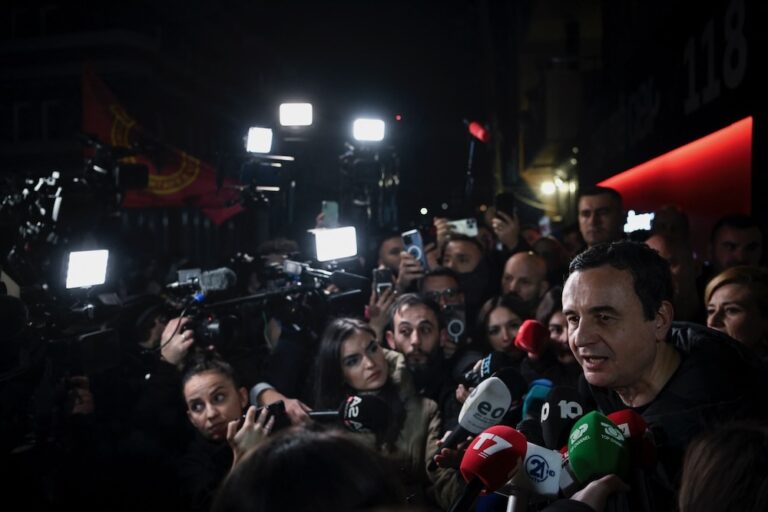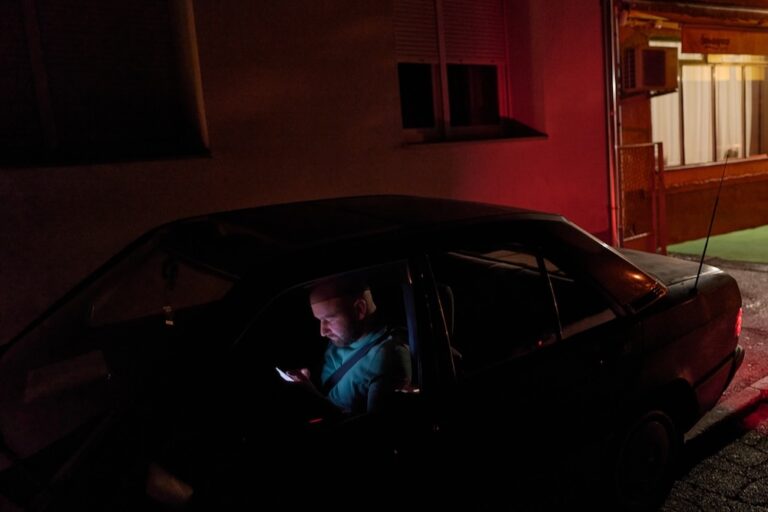The draft law on public peace and order for the Bosnian Serb entity of Bosnia and Herzegovina would extend the scope of existing public order laws to include social media.
This statement was originally published on hrw.org on 3 February 2015.
The National Assembly of Republika Srpska (RS) in Bosnia and Herzegovina should reject a draft law to criminalize free expression online, Human Rights Watch said in a letter to the president of the RS National Assembly on February 2, 2015. The RS National Assembly is scheduled to vote on the draft law on February 3.
The draft law on public peace and order for the Bosnian Serb entity of Bosnia and Herzegovina would extend the scope of existing public order laws to include social media.
“The extremely broad and vaguely phrased prohibitions under this law appear to have no other purpose than to restrict online speech,” said Lydia Gall, Balkans and Eastern Europe researcher at Human Rights Watch. “The National Assembly should reject this problematic law.”
The explanatory note to the law makes clear that its intention is to extend the definition of “public space” to social media. This would apply the criminal offense of disturbing the public order by “displaying images, symbols, drawings, or texts containing indecent, offensive, or disturbing content or to engage in rude or insolent behavior” (article 7) and the offense of engaging in “rough insults” and “unscrupulous behavior” that causes “a feeling of physical threat or disturbance among citizens” (article 8). Breaches of the law are punishable by fines ranging from 100 KM to 800 KM (approximately US$58 to $464), or in the case of article 8, imprisonment for up to 30 days.
The Organization for Security and Co-operation in Europe representative on media freedom has expressed concern about the draft law and offered to assist RS authorities to ensure that it is in line with international standards on free expression.
“Republika Srpska authorities have a responsibility to act in accordance with Bosnia and Herzegovina’s international obligations to respect freedom of expression,” Gall said. “The authorities should scrap the draft law and ask the OSCE representative for help crafting legislation that protects free expression online and off.”



